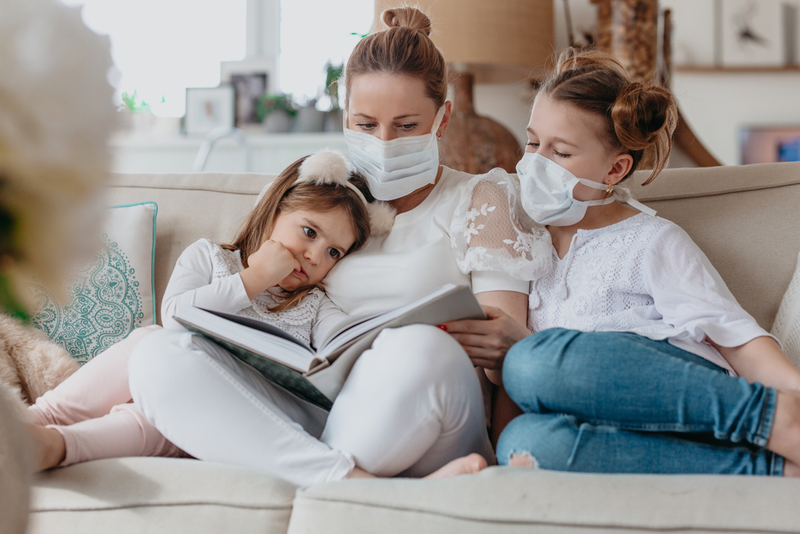COVID-19 (coronavirus) has become a source of daily conversation. As a caregiver, you may be wondering how to support your children’s developmental needs and understanding of the coronavirus.
For our comprehensive coverage and latest updates on COVID-19 click here.
 Jennifer Rodemeyer, manager of the Child Life Program at Mayo Clinic, offers these suggestions to help kids cope through this experience.
Jennifer Rodemeyer, manager of the Child Life Program at Mayo Clinic, offers these suggestions to help kids cope through this experience.
Define terminology associated with COVID-19
Kids are hearing about this virus daily. Take the time to sit down with your children to define what coronavirus/COVID-19 is using language that supports their development. Start your conversation by asking your children, "What do you think coronavirus or COVID-19 is?" This gives you an understanding of what your children know, think they know or how they interpret the illness.
Throughout your conversation pay attention to defining:
COVID-19COVID-19 is a virus that can cause their body to feel sick. Most people who have COVID-19 say they feel sick, and have a cough, fever, the chills (feeling cold) and body aches. The most common way the COVID-19 can enter people's bodies is by the virus being on those people's hands and then they touch their mouth or eyes. A virus is so tiny, that you cannot see it. This is why it is important to wash your hands often, especially before touching your mouth or your eyes.
The reason you are hearing so much about this coronavirus is because it's a new virus that has not seen before. Health professionals are learning about it and about ways to stop it from spreading through research daily. Experts around the world are working hard every day to learn about this virus and how to keep people safe.
Quarantine
When people have coronavirus, or possibly have come in contact with others who have the illness, they are being asked to remain in quarantine. This means you should stay in your house and not be in spaces or places with people other than your family.
Social distancing
To slow the spread of COVID-19, people are being asked to practice social distancing. This means that when people are in spaces outside of home, they should not come into close contact with others. Pretend there is a bike separating you and the person you are standing by. Keep that distance away from people other than your family while social distancing is needed. Instead of giving high-fives, fist bumps or hugs to people outside your family you can smile and wave hello.
Discontinue your children's access to news and social media regarding COVID-19
Explain to your children that there are many conflicting resources regarding the coronavirus. Therefore, you are going to monitor and limit their access to external media at this time. Reassure them that you will share any new information you learn regarding COVID-19 that they should know. As a caregiver, use reliable sources such as the Centers for Disease Control and Prevention, the World Health Organization, mayoclinic.org, state health departments, and your school district's communications, to gather your facts. Be aware of your children’s presence when listening to the news. Although they may not appear to be watching, they may be listening and internalizing the information they are hearing.